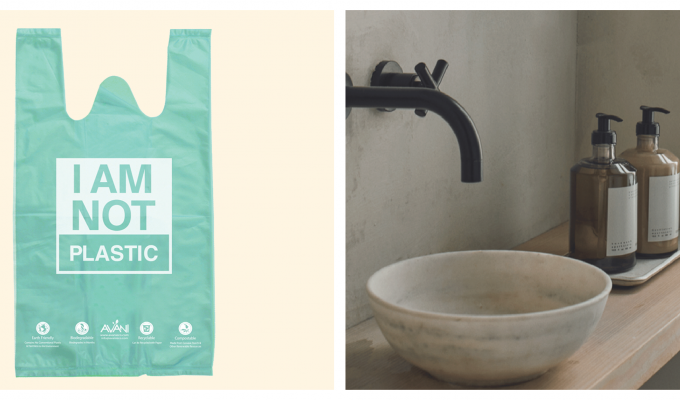The year’s 2019, our consumption of single-use plastics has hit an alarming level. Australians use 130 kg of plastic per person each year, of this only a paltry 12% is recycled. The remainder consist heavily of single-use plastics such as plastic bags, bottles and wrapping. These single-use plastics are not recycled and inevitably end-up in our environment. Emerging trends are curving these figures, for the better, and influencing the corporate social responsibility standard to meet, to be a socially conscious company in the 21st Century.
These trends are to ‘go green’, do away with single-use plastics and use alternatives that fit into more sustainable business models. It’s absurd to use a substance that will last a lifetime on packaging that will only be used for no longer than the time taken to consume the contents. Not to mention the raw material and energy cost of using a finite resource to create single-use plastics. Numerous alternatives already exist to this problem, such as bio biodegradable plastic made from cassava starch, or a derivative of limestone instead of oil byproducts. From these materials, innovations like water-soluble plastic products can be created.
Within the travel industry one company that has adopted this social responsibility is Hi Fly airways. Hi Fly has established a completely single-use plastic free flight, the first of its kind. The Lisbon to Brazil flight replaces on board cutlery and packaging, typically made of single-use plastics, with recycled plastics cutlery, and items constructed from bamboo. All materials are compostable and biodegradable. The aim, according to Hi Fly president Paulo Mirpuri, is to adopt a plastic-free policy on all its flights by the end of 2019. “We know from the feedback we have received, from client airlines and passengers, that it’s the right thing for the airline to be doing,” Mirpuri said. Hi Fly isn’t the only airline leading by example, Qantas and Air New Zealand also have environmentally conscious initiatives in place to reduce the amount of single-use plastic waste.
Several forward-thinking hotels chains have adopted this movement to reduce single-use packaging. The InterContinental Hotels Group, with a portfolio that includes more than 5,600 hotels and nearly 843,000 rooms, is leading this initiative. InterContinental Hotels Group has announced they will transition to offering toiletries in bulk-sized dispensers at all their properties by 2021, doing away with miniature version shampoos, conditioners and other bathroom products. This follows InterContinental Hotels Group’s announcement last year to remove single-use plastic straws from their hotels by the end of 2019. This transition of amenities has already been launched by Six Senses Hotels, Resorts and Spas and Kimpton Hotels & Restaurants. IHG CEO, Keith Barr, said reactions have been overwhelmingly positive from hotel guests at those properties. Additionally, alternatives such as biodegradable bagging for personal items, in place of the ubiquitous plastic, are also being implemented.
These methods are to be applauded as a step toward a waste-free approach to doing business. Each action is a step in the right direction, signifying the small changes that can be taken in everyday life to reduce our negative impact on the environment.
Dylan Brown
4th Year Design Intern, School of the Built Environment, UNSW.
Further reading:
WWF GET INVOLVED
A Hotel Chain Is Discarding Single-Use Toiletries To Reduce Plastic Waste
Image Credits:
Algae bottle photo: Ari Jónsson/DesignMARCH
Biodegradable bag
Frama Apothecary soap dispenser

